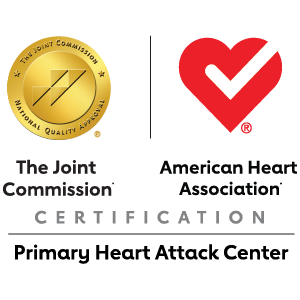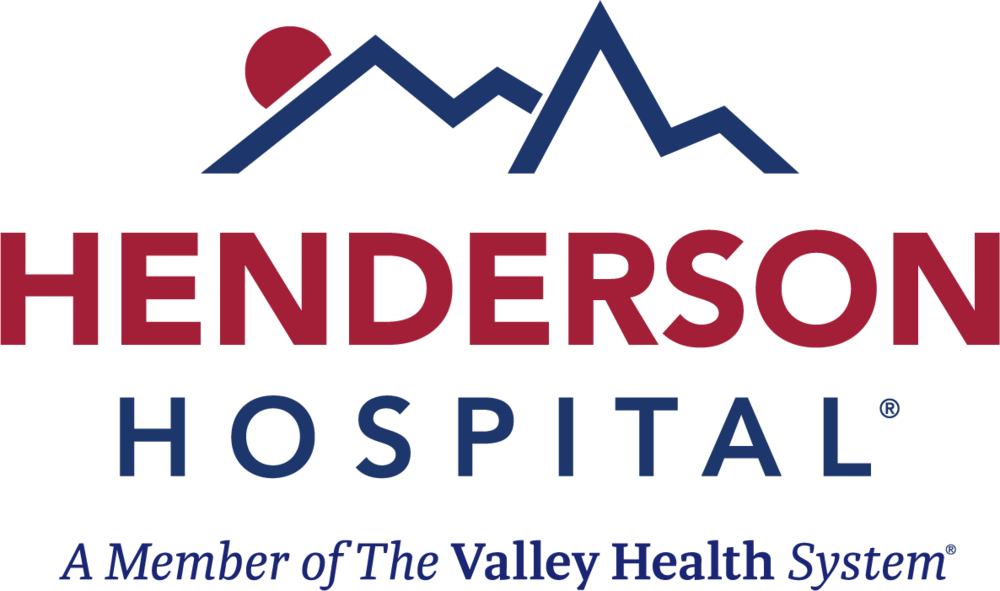Care for Heart Conditions and Cardiovascular Disease
Cardiovascular disease is the leading cause of death in the United States. Preventing cardiovascular events before they occur is important: stopping smoking, keeping blood pressure under control, losing weight if you're overweight and increasing the amount of fresh fruits and vegetables you eat can help reduce the risk of heart attack, stroke, high blood pressure and coronary artery disease.
If you do have heart disease, Henderson Hospital has specially trained physicians and nursing staff to treat a broad range of emergency and non-emergency heart conditions. The cardiac catheterization staff (see below) play a major role in treating heart conditions.
Cardiac Catheterization (Cath) Lab
Cardiac catheterization involves the use of radiological equipment to both diagnose and treat some forms of heart disease. During radiologic imaging, interventional tools such as balloons and stents are fed through a catheter into the coronary arteries to reduce stenosis (blockages) and improve blood flow. In some cases, a contrast material (dye) is injected into the coronary arteries to diagnose blockages. In other cases, cardiac catheterization simply involves measuring the pressure within the chambers of the heart. Doctors in the Henderson Hospital cath lab may also perform implantation of permanent pacemakers and automatic implantable cardioverter defibrillators (AICDs) used to stablize cardiac rhythm disturbances. Also available is intravascular ultrasound, which is used to assess the severity of arterial blockages. Echocardiography services include transthoracic and transesophageal echocardiograms.
Primary Heart Attack Center
Henderson Hospital has received Advanced Certification as a Primary Heart Attack Center based on a review of compliance with national standards, clinical guidelines and outcomes of care.
STEMI Treatment
Henderson Hospital cardiac specialists are trained on rigorously designed protocols that enable them to quickly identify and treat patients who are having a dangerous type of heart attack known as STEMI (ST-segment elevation myocardial infarction). The more quickly patients receive treatment, the better the outcome. STEMI patients treated at Henderson Hospital may receive balloon angioplasty and stent placement in the cardiac catheterization (cath) lab, either as an emergency or non-emergency procedure.
Heart Attack Signs
If you believe you are having a heart attack, call 9-1-1 immediately. Do not drive yourself to the hospital. Following are signs of a possible heart attack in men and women:
- Chest pressure, squeezing or discomfort
- Pain that travels down one or both arms
- Jaw pain
- Nausea
- Fatigue
- Anxiety
- Back pain
- Shortness of breath
- Feeling of fullness
- Mild chest symptoms (pressure, burning, aching, tightness) that come and go
Find a Doctor
To obtain a referral to a doctor who practices at Henderson Hospital, contact our free referral service at 702-388-4888.

